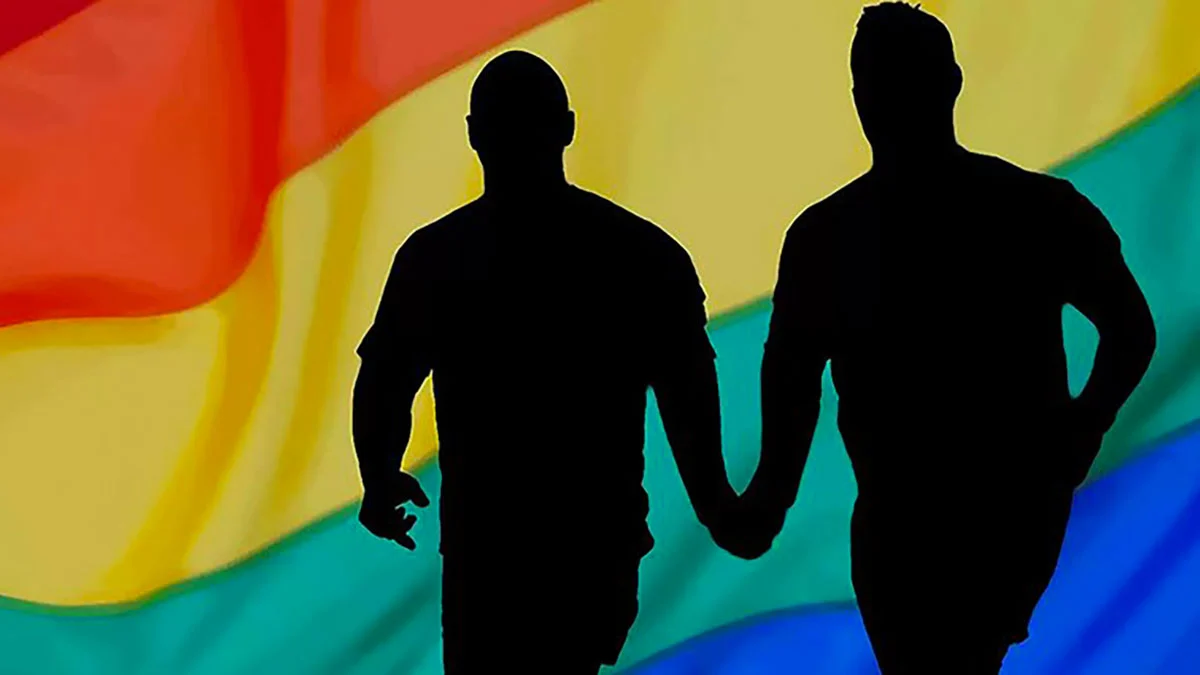
Russia: Chechnya Gay Purge Responders Threatened
Russian authorities should urgently and effectively investigate the break-in at the home of an LGBT rights activist and the death threats he and his colleagues have received, Human Rights Watch said today.
Russian LGBT Network, a national nongovernmental group that has coordinated the evacuation of dozens of gay and bisexual men from Chechnya since 2017, has reported that unidentified assailants forced their way into one of its volunteers’ home on May 17, 2019 and threatened him and other staff with physical violence and murder.
«Russian LGBT Network has been a vital resource for gay men escaping the brutality of the Chechnya purge,” said Graeme Reid, director of the LGBT rights program at Human Rights Watch. «The Russian government, which has dragged its feet on investigating what’s going on in Chechnya, needs to put a stop to attacks on people who are providing life-saving services to the victims.”
From February to April 2017, police in Chechnya rounded up men they suspected of being gay, held them in secret locations for days or even weeks, and tortured, humiliated, and starved them, forcing them to hand over information about other men who might be gay. The attackers returned most of the men to their families, exposing their sexual orientation and indirectly encouraging their relatives to carry out «honour killings».
Despite a sharp international outcry and Russian authorities’ repeated promises to investigate the 2017 crackdown, the government has taken no effective action. In early 2019, police in Chechnya carried out a new round of unlawful detentions, beatings, and humiliation of men they presume to be gay or bisexual.
The Russian LGBT Network reported that seven men broke into the St. Petersburg apartment of one of their volunteers on May 17. The men, whom the volunteer did not recognise, searched the apartment and threatened to beat and kill the volunteer. They said they were looking for Russian LGBT Network’s emergency program coordinator, David Isteev, and a Chechen woman who recently fled fearing persecution because of her presumed sexual orientation. Some of the attackers implied that they were police officers but refused to show identification.
Russian LGBT Network staff have faced threats in recent years related to their work evacuating and protecting Chechen gay men and their families during the purges.
On January 29, Igor Kochetkov of Russian LGBT Network filed a crime report with Russia’s chief investigative agency. A YouTube video with explicit threats against him began circulating that day on social media. In the video, which YouTube later removed, Ali Baskhanov, a leader of a pro-government group in Chechnya, calls Kochetkov a «son of the devil» and a «beast», tells him to stay away from Chechnya, and warns him that Chechnya could become his «final stop».
On January 30, Kochetkov filed an online complaint with the Interior Ministry about the threats. A week later, a department official called him to confirm his place of residence and «the place where the alleged violation occurred». «I told him I live in St. Petersburg and the video is on the internet, though that should be obvious from the complaint», Kochetkov said. «And that was the end of the conversation».
Kochetkov sued the police authorities for their lack of effective response to his complaint. On March 25, a court in St. Petersburg upheld his suit but an appeal is pending with a higher court. In May, Kochetkov received a letter from the Chechnya investigation committee saying the man who threatened him is not a resident of Chechnya and that his identity cannot be established.
Due to a well-founded fear of reprisals, only one victim of the purges has been public with his complaint. Maxim Lapunov, one victim of the 2017 purge, filed an official complaint with Russian authorities in August 2017. On May 24, 2019, Lapunov took his case to the European Court of Human Rights because the Russian authorities had failed to investigate his case.
«The abhorrent impunity for Chechnya’s anti-gay purges should not be repeated elsewhere in Russia», Reid said. «Activists like those with Russian LGBT Network who are conducting life-saving work should be protected from threats and attacks».







